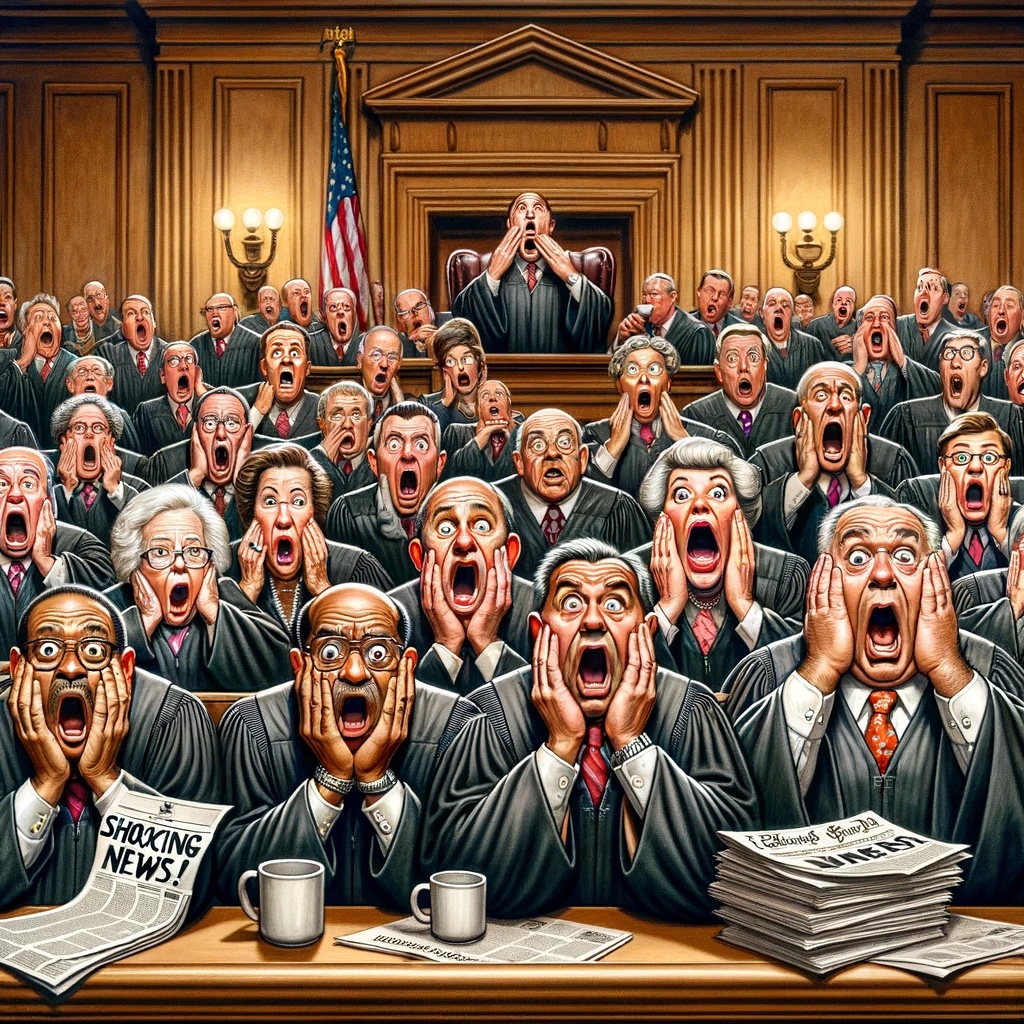
"Decades ago, when I was a baby lawyer, I thought that I wanted to be a judge. Judges ran courtrooms, or the clerks did. The judge was almost always a white male (female judges hadn't really cracked the judicial glass ceiling, let alone had a person of color). He belonged to the right, white clubs, could leave early for a tee time if all the cases had either been settled, trialed, or off calendar."
"Remember when being a judge was something to aspire to? To work hard, be recognized for that hard work and superior ethics and be awarded a judgeship where you then made less than associates at a law firm? However, the prestige, respect, and encomiums helped to bridge that financial gap. You were no longer an attorney but a judge, deciding cases, settling disputes, and presiding over jury trials."
"Today, do you think that being a judge is still something you want to do? Impressing the right peeps, building the right CV, garnering favorable comments from attorneys on both sides of the aisle? Being a judge has always been hard work, but in these times, is the juice worth the squeeze? It's not an idle question, given the ever-increasing attacks (verbal, threatened physical, and real physical)."
Judicial roles historically carried prestige, respect, and community standing that often compensated for lower judicial pay and marked significant career milestones. The federal judiciary was long dominated by white male judges, with women and people of color rare in earlier eras. Judicial duties included presiding over jury trials, settling disputes, and being addressed as "Your Honor," conveying public esteem. Increasing verbal, threatened, and actual physical attacks coupled with partisan labeling have eroded that esteem and prompted questions about personal safety and whether pursuing a judgeship remains desirable. Some judges have publicly criticized the escalating hostility toward the judiciary.
Read at Above the Law
Unable to calculate read time
Collection
[
|
...
]